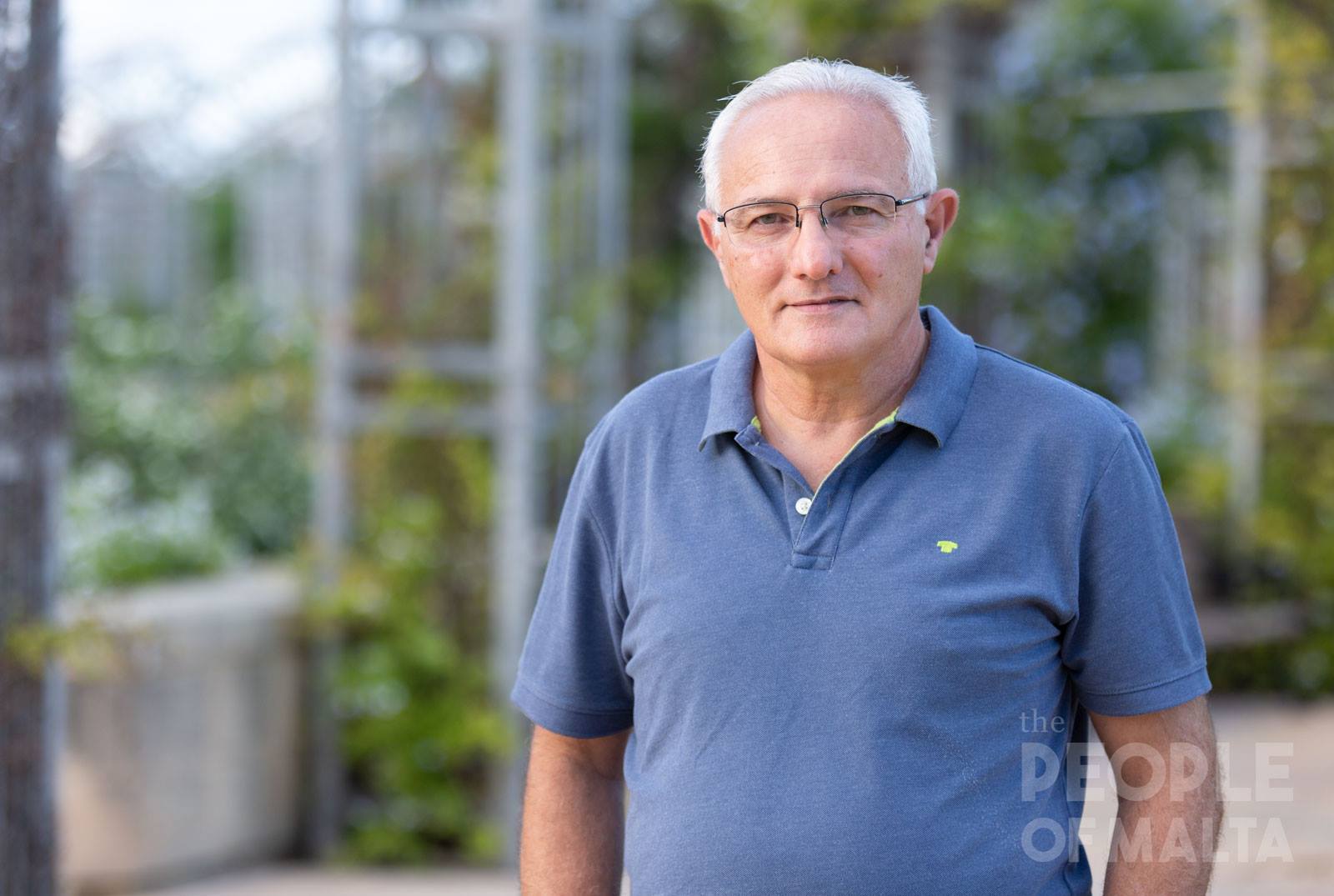John Rolè – The mind behind the setting up of foster care in Malta – featured in The People of Malta

National Foster Care Association Malta VO/0354

“Fostering hija l-esperjenza ta’ familja. It-tifel jew tifla tingħata esperjenza ta’ familja. Matul dawn is-snin, irnexxielna nsibu post għal 500 tifel u tifla li jiġu fostered minn familji Maltin. Fl-Ewropa qatt ma saret, imma hawn Malta għamilnieha.
Jiena kont għamilt 20 sena Brother mas-Salesjani. Kont imradt fiżikament bix-xogħol fejn wasalt li kelli bżonn bidla. Tlaqt minn reliġjuż u dħalt mal-SWDP (Social Welfare Development Programme). L-idea tal-fostering kienet diġa’ nibtet fija meta kont mas-Salesjani. 20 sena ilu, bosta kienu dawk li ma kienux jafu x’inhu fostering. Ħafna kienu mhux infurmati sewwa u kienu jfixxklu fostering ma’ adoption. Dak iż-żmien ma kienx għad hawn qafas ta’ struttura fuq fostering; ma kienx għad hawn sistema. Flimkien ma’ oħrajn, bdejna nintervistaw il-foster carers biex intejbu dak li kien diġa’ hemm, kemm għall-fosterers kif ukoll għat-tfal infushom. Lanqas liġi tal-fostering ma kien hawn. Barra minn hekk, awareness ma kienx hawn, ried isir xogħol ta’ allokazzjoni tal-foster carers, kif ukoll xogħol mat-tfal tal-foster carers u training tal-foster carers. Dak iż-żmien, lanqas support groups ma kienu jeżistu. Ħafna mit-tfal li jkunu fostered ikunu qegħdin jew f’xi istituzzjoni jew inkella qed jgħixu f’familji li ma jkunux qed jieħdu ħsiebhom.
Tajjeb li ngħid li l-foster carers ma jitħallsux. Dan isir għax għandek familji li jagħżlu li jgħinu lil tfal li m’għandhomx familja u jridu jagħtuhom futur aħjar. Illum saru jieħdu xi benefiċċju żgħir mill-istat.
Is-sodisfazzjon hu li tara dawn it-tfal ġew fostered, u llum il-ġurnata għandhom familja u karriera. Waħda mill-ħolm li għandi hu li wara li nirtira, nikteb ktieb dwar l-istorja tal-fostering kif żviluppa hawn Malta. Min hu interessat li jsir membru fl-Assoċjazzjoni National Foster Care Association Malta, jista’ jagħmel kuntatt mal-istess Assoċjazzjoni.” – John Role’
✠ ✠ ✠
“Fostering is about giving a family experience. It’s about children experiencing family life. Along these years, we’ve managed to find a home for 500 children who have been fostered by Maltese families. It’s never been done in Europe but we managed to do it here, in Malta.
I was a Salesian brother for 20 years. Then I became sick and felt like I needed a change. I left the priesthood and joined the SWDP (Social Welfare Development Programme). I had already started thinking about fostering when I was a Salesian. At the time, about 20 years ago, many were still unfamiliar with the concept of fostering and confused fostering with adoption. In those days, there wasn’t an established system or clear structure that dealt with fostering. So we started interviewing foster carers so we could keep building on the existing foundations. There wasn’t even a legislation or law focusing on fostering. In addition, there was very little awareness. We had to allocate children to foster carers, work with the children of these foster carers and train foster carers. There weren’t any support groups back then. Many of the children who are fostered usually come from an institution or live with neglectful parents.
At this point, I should mention that foster carers are not paid. This is because there are families who are willing to help children who don’t have a family. They want to give them a better future. Now, the state is providing a small subsidy to these carers.
Our greatest joy is seeing these fostered children grow up, embark on a career and build a family of their own. One of my dreams is to write about the history of the fostering process here in Malta. I hope to do this once I retire. I encourage anyone who wishes to be a member of the National Foster Care Association Malta, to contact the mentioned Association.”
– John Rolè